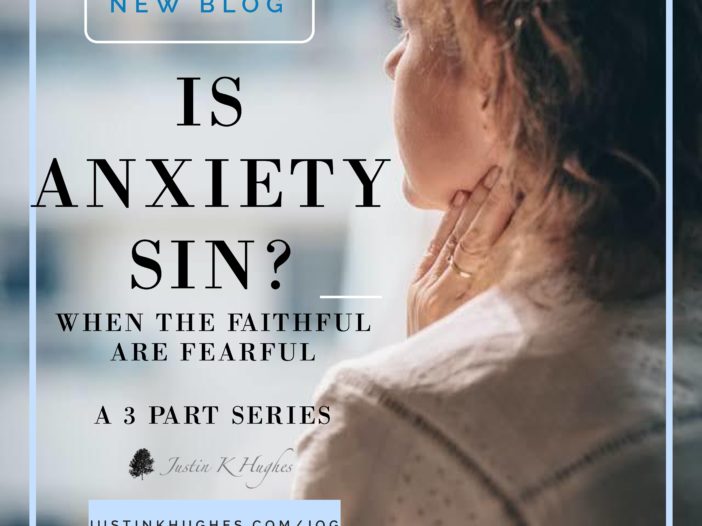
Being the last installment (here’s Part 1 and Part 2) on this important topic, we have explored fear/anxiety as a warning system, how godly characters in the Bible experienced it without being a problem, and how spending the time to address fear and anxiety properly can bring about more freedom. This last article will briefly interject how fear also does not always appear to be Satanic. We will conclude with a reminder to walk by courageous faith.
Why Fear May Not Be Sin OR Satan
Simply put, your fear may just be your warning system. You may not have committed sin. However, taking fear seriously helps to not be controlled by it (1 Corinthians 6:12). God doesn’t want you to live by fear, and He also knows you have weaknesses (Psalm 103:14).
All of the above rationale and Scripture brings with it another default consideration: not all suffering is from the evil one (Satan/Devil).
Possibly one of the most famous passages on non-moral OR specifically-Satanic suffering is John 9, where Jesus unequivocally points out, while correcting his daft disciples’ assumptions- the blind man hadn’t sinned. The disciples, in keeping with the common assumptions of the day, interpreted physical suffering as resulting from some sin, whether by that person or their parents. And while this certainly can be true at times (Numbers 14:18), it is not always (Jeremiah 31:29). Sometimes, we suffer for other reasons, one of which is the bigger will of God at work (John 9:3). Furthermore, 9:34 records how the religious leaders shamed the newly un-blind man when it challenged their conceptions: “You were born in utter sin!”
Wonderful side note: the chorus of the most recorded song in history, Amazing Grace, take from verses 18-23 of this passage.
While some Biblical passages describe Satan’s role very openly (see Job 1 and following), others such as John 9 make no mention of it. If the Bible doesn’t make everything about Satan and angels and demons, then it’s good enough for me; I won’t either.
The Most Highlighted passage in the Bible
Author and Pastor Max Lucado, in his book, Anxious for Nothing (affiliate link), makes some excellent points. He notes that on Kindle readers, Philippians 4:6-7 is the most highlighted passage (“Be anxious for nothing….”). It is often misunderstood and provided as a proof text as to why someone is in “sin” if they feel anxious. Here’s what Lucado poignantly writes:
“He [Paul] wrote the phrase in the present active tense, which implies an ongoing state. It’s the life of perpetual anxiety that Paul wanted to address….The presence of anxiety is unavoidable, but the prison of anxiety is optional” (2017, pg. 8).
Fear Does Not Necessitate Lack Of Faith
Fear does not appear to necessitate lack of faith. You can feel fear and also act courageously. There is a very physical side to fear, and there is a mental side to it. So no matter how your fear or anxiety affects you, I think the exhortation we can take from Scripture is clear:
Abide in Christ (John 15:7) Keep abiding in Christ. Whether you feel fear or not.
Your Personal Journey
This is where your personal journey comes in. Jesus’ disciples dealt often with demon-possessed men. And Christ was never afraid to call it out as exactly that: demon possession. But he clearly didn’t call all things demon possession.
Where do you stand? If you have placed faith in the living God of the universe, you need not fear Him, but you also will want to healthily fear Him. Know what I mean? (E.g., I don’t usually fear my car, but I do fear its power to help or destroy if “unleashed”). So let the Spirit of God, through sitting in His Word, prayer, and community, reveal what steps you need to take to conquer your fear.
- Maybe the socially anxious person needs to learn to stop ruminating all day and spending 30 minutes of compulsive prayer before going to a social gathering. Maybe they just need to learn how to do the exposure of going while giving up their false safety behaviors.
- Maybe the person who has never yet prayed about their fear needs to.
- The person who questions the role of spiritual warfare may want to talk personally with leaders in their church rather than their own brain.
- Consider using the support of others to face fear by exercises or strategies, maybe even utilizing a behavioral hierarchy and exposure format to do so consistently.
- Dig into whole books of Scripture rather than cherry-picking verses.
Why Focus On Defending Anxiety/Fear?
Why spend so much time trying to defend anxiety and fear instead of learning to focus on Christ? Focusing on Christ is exactly what I think can better happen for some when they take a closer look at their relationship to fear- I’ve seen it with my own eyes practicing as a clinician with many deeply committed Christians (leaders, business owners, pastors, doctors, students, the elderly, singles, marrieds- simply put, people from all walks of life).
Is Anxiety Sin?
Back to the original question,”Is anxiety sin?” Faith is what we place our trust in when we don’t as yet have the outcome. Fear demands you to act. What do you place your faith in? More significantly, what do you continue to place your faith in?
I hope you will experience the joy of Jesus’ power without the extra weight of added expectations. Don’t take my word alone (a great place to check out is the Mental Health Grace Alliance). However, the question of whether anxiety is sin, I think, is inherently flawed. It places the focus on defining something where God himself doesn’t seem to give one simple answer. The question itself can be a distraction. In my honest opinion, I think it takes away from what is actually useful to focus on: How do I walk by faith today, whether I feel fear/anxiety or not?

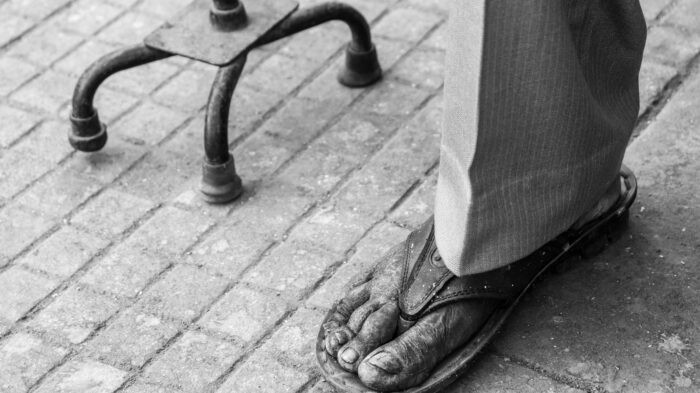


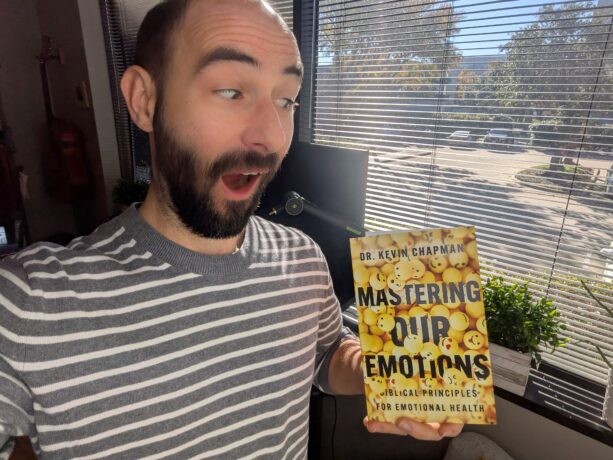
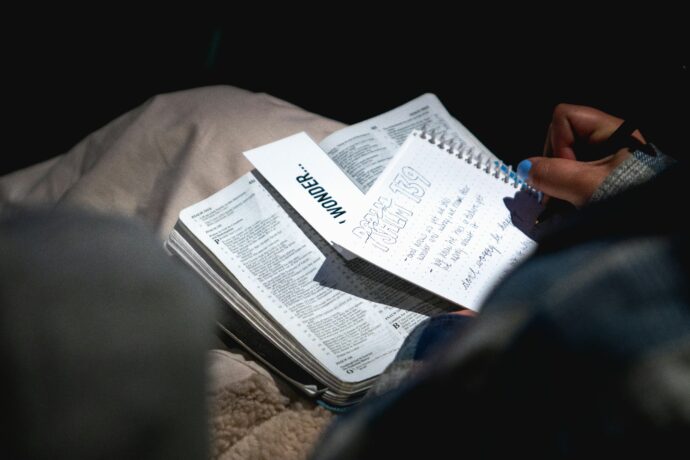
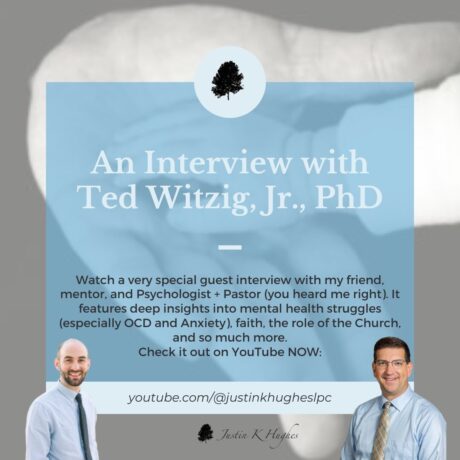

Leave a Reply